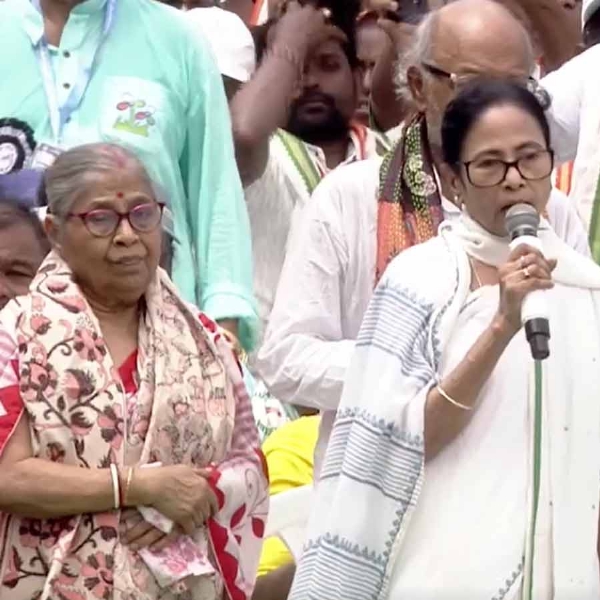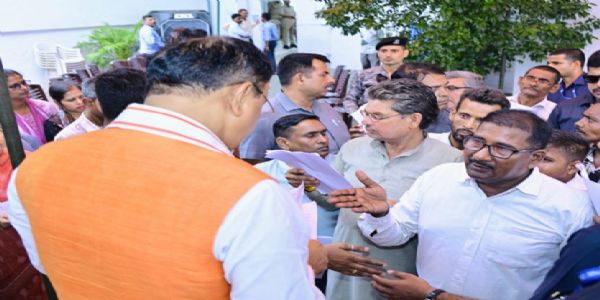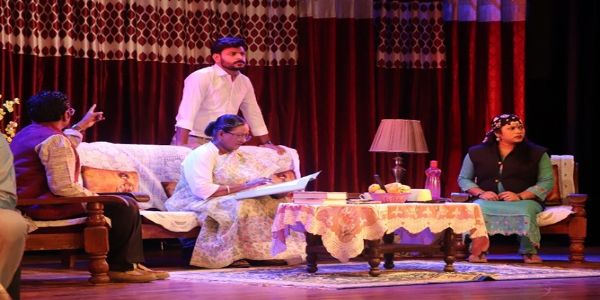
Kolkata, 21 July (H.S.) —
The emotional scars left by the terror attack in Jammu and Kashmir’s Pahalgam, which claimed the lives of several Bengali tourists and a local driver, remain fresh in the minds of many across India. The brutal killings had triggered national mourning and prompted a strong military response. However, the recent appearance of the victims’ families at the Trinamool Congress’s (TMC) annual Martyrs’ Day rally in Kolkata has sparked political debate.
On Monday, the bereaved family members were seen seated on the dais at Dharmatala alongside senior TMC leaders, including West Bengal Chief Minister Mamata Banerjee and Kolkata Mayor Firhad Hakim, who is known for making provocative communal statements. The rally is held every year to commemorate the TMC workers killed in the 1993 police firing during a protest. While the incident remains a symbolic rallying point for the party, questions persist over the lack of accountability for those involved in the firing, and the fate of police personnel dismissed at the time for allegedly protecting Mamata Banerjee.
This year, the presence of the Pahalgam victims’ families has raised eyebrows. Critics argue that their appearance at what is traditionally a political event blurs the lines between mourning and political posturing. The move is being seen by many as a possible attempt to politicize the victims’ grief, prompting uncomfortable questions about the motivations behind their participation.
The optics of placing terror victims’ families next to leaders who used the platform to launch scathing attacks on the Bharatiya Janata Party (BJP) and the central government have not gone unnoticed. While TMC has maintained that the rally is a platform to honor sacrifice and resistance, detractors are questioning whether it was appropriate to involve families grappling with recent trauma in a politically charged atmosphere.
As political observers continue to analyze the implications, the episode has reignited debates over the intersection of tragedy and political symbolism in West Bengal’s high-voltage political landscape.
Hindusthan Samachar / Satya Prakash Singh







